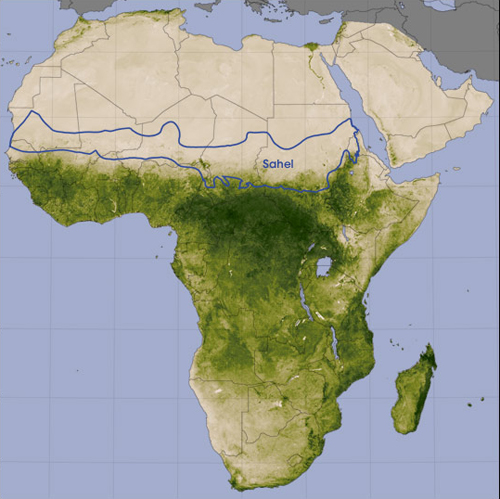
Yacouba Sawadogo was not sure how old he was. With a hatchet slung over his shoulder, he strode through the woods and fields of his farm with an easy grace. But up close his beard was gray, and it turned out he had great-grandchildren, so he had to be at least sixty and perhaps closer to seventy years old. That means he was born well before 1960, the year the country now known as Burkina Faso gained independence from France, which explains why he was never taught to read and write.
Nor did he learn French. He spoke his tribal language, Mòoré, in a deep, unhurried rumble, occasionally punctuating sentences with a brief grunt. Yet despite his illiteracy, Yacouba Sawadogo is a pioneer of the tree-based approach to farming that has transformed the western Sahel over the last twenty years.
Transformed the western Sahel! And I gave up the Sahel for dead 10 years ago! But was there any real basis for this apparently very good news?
Yes indeed!
